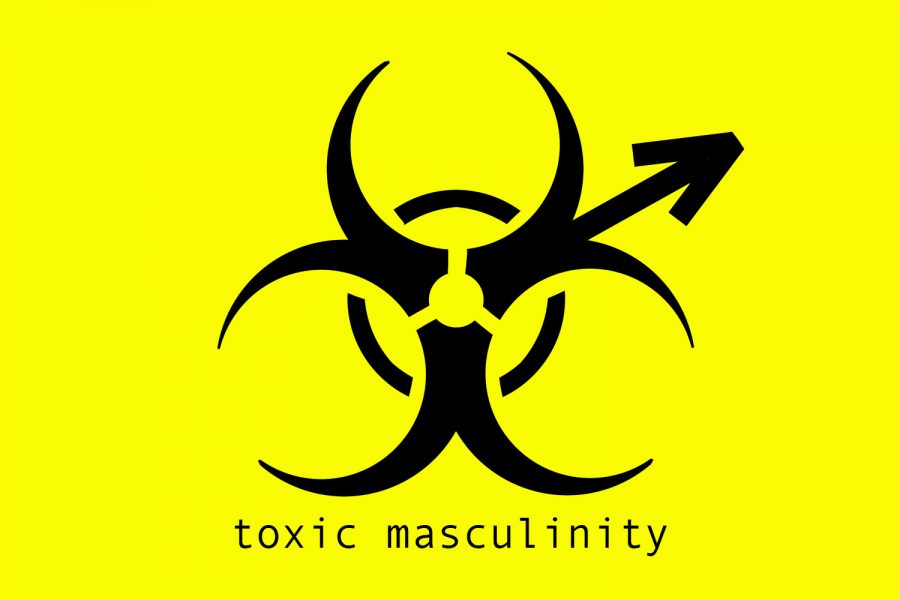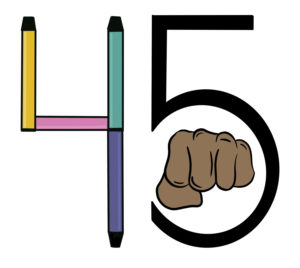Redefining masculinity
Society’s expectations on men creates toxic stereotypes
October 2, 2018
Take a moment and think of what “being a man” means to you. Most equate masculinity with strength or the ability to provide and being able to suppress emotion. This way of thinking, however, lends itself to creating an array of other issues. These rigid societal expectations have been upheld for centuries, and are deeply rooted in every aspect of day to day life.
One aspect of this toxic masculinity is directly linked to the objectification of women. From a young age, boys are taught to chase after girls, and in turn, girls are taught to believe that if a boy is aggressive towards them, it is merely a sign of affection. These teachings lead boys to believe that this kind of aggressive behavior is acceptable, and this kind of attitude will more than likely translate over into adult life.
It is by having a mindset such as this in which men have created this collective socialization. A socialization that brings men together under the pretense that misogynistic views are what bind them. Such ideals allow them to view women not as people, but as a conquest. By viewing women in this way, men feel free to do whatever it takes to claim a woman’s attention, be it by way of catcalling, harassment or physical assault.
This, however, isn’t true for all men. Often times when a large group of men congregates and the topic of discussion turns to women, the conversation mutates and carries a more sexist tone. While not every individual in the group will agree with what is being said, society pressures men to refrain from expressing emotions and that “bros always come before hoes.”
What society deems a man to be goes against what it means to be human. Men who express emotion are seen as weak and feminine, but it is the nature of people to share their burdens and beliefs. Many men feel as though their sense of masculinity would be compromised if they were to be open with their emotions or to disagree with the beliefs of their peer group. — Connor Powell
Those who choose to remain silent may believe that they are still good men because they don’t contribute to the sexist rhetoric or violence towards women. But in fact, it makes them the opposite. Their refusal to speak out against harassment makes them just as culpable as the men who are doing the harassing, and this silence only permits harassment to continue.
Author and women’s rights activist Tony Porter made a very effective analogy to explain the need for men to speak out against harassment. “In most cases of harassment, there will always be a perpetrator, a bystander, and a victim.” Porter said. “The silent man plays the role of the bystander. The perpetrator is going to do whatever he wants to do to the victim and the bystander has no power over the choices of the perpetrator. However, he does have power over his own choices. He can choose to speak up and alter the outcome of the situation.”
If you look all throughout history, the mistreatment of women has played a role in society in some form or fashion. Change is so desperately needed, but how are women supposed to change a suppressive society that is dominated by men? While it’s true that we are at cultural milestone in terms of rights for minorities, there is still a great need for change. But in order for real change to take place, it is up to all of us, men and women, to band together and use our collective power to alter society. One group alone can’t succeed without support from another.
History may have created the divide between the sexes centuries ago, but if we strive for change now, it will be the future that makes us equal. Decide now what side of history you’re going to be on.





















